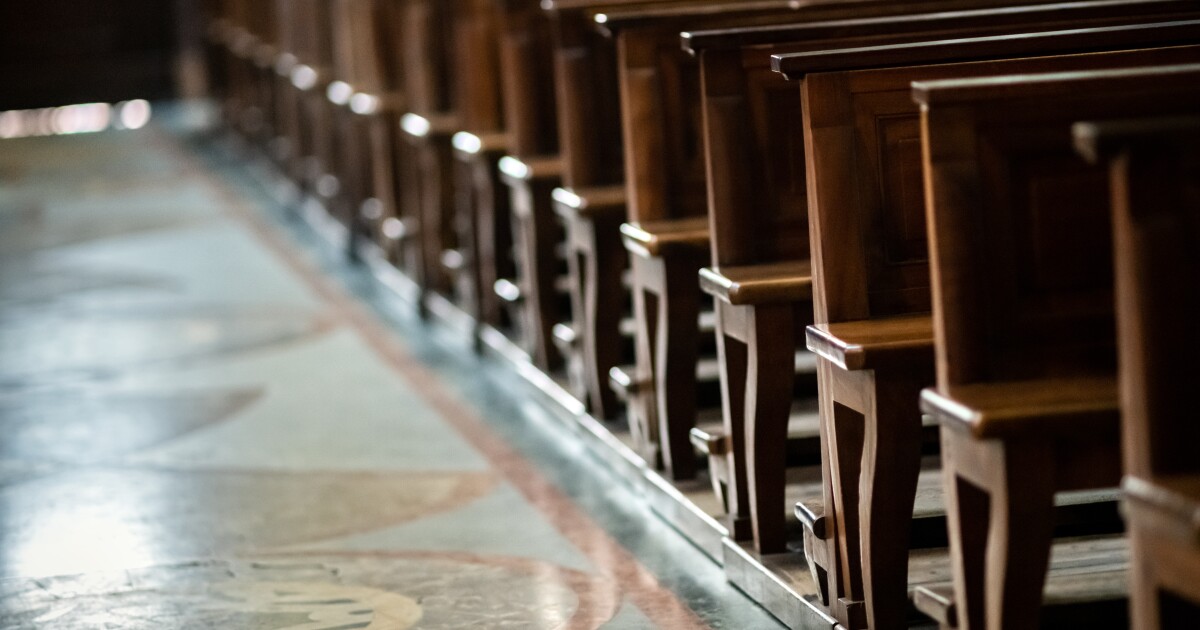

The Church of England may soon begin referring to God in gender-neutral terms.
Recently, the Rev. Joanna Stobart of the Diocese of Bath and Wells asked the church’s liturgical commission leader to consider a proposal on gender-neutral language in the church.
Stobart reportedly asked whether the body would seek to “develop more inclusive language in our authorized liturgy and to provide more options for those who wish to use authorized liturgy and speak of God in a non-gendered way.”
The Right Rev. Michael Ipgrave, who is the vice-chairman of the church’s liturgical commission, reportedly replied, “We have been exploring the use of gendered language in relation to God for several years, in collaboration with the Faith and Order Commission. After some dialogue between the two commissions in this area, a new joint project on gendered language will begin this spring.”
TYSON CEO SAYS COMPANY ‘GOT HIT IN THE MOUTH’ AFTER MISSING FIRST-QUARTER ESTIMATES
One reverend, Chantal Noppen of North Wearside, said, “God is not male. Certainly not the white cis male with a beard, sitting on a cloud we seem to reduce and limit God to so often. God is far bigger than a binary sense of gender allows.”
The Rev. Miranda Threlfall-Holmes claimed that the belief that God is a male might have a “knock-on effect on all our debates about gender and sexuality and women,” noting that it has been used to argue against women bishops.
She further added, “Quite often you don’t need it to be a ‘he’ or ‘him’, it can just as easily be ‘God’ or ‘them.'”
In a statement to the Times of London, a spokesman for the Church of England said that “the variety of ways of addressing and describing God found in scripture has not always been reflected in our worship.”
CLICK HERE TO READ MORE FROM THE WASHINGTON EXAMINER
He added that there has been “greater interest in exploring new language” in recent years.
However, he claimed, “there are absolutely no plans to abolish or substantially revise currently authorised liturgies and no such changes could be made without extensive legislation.”





